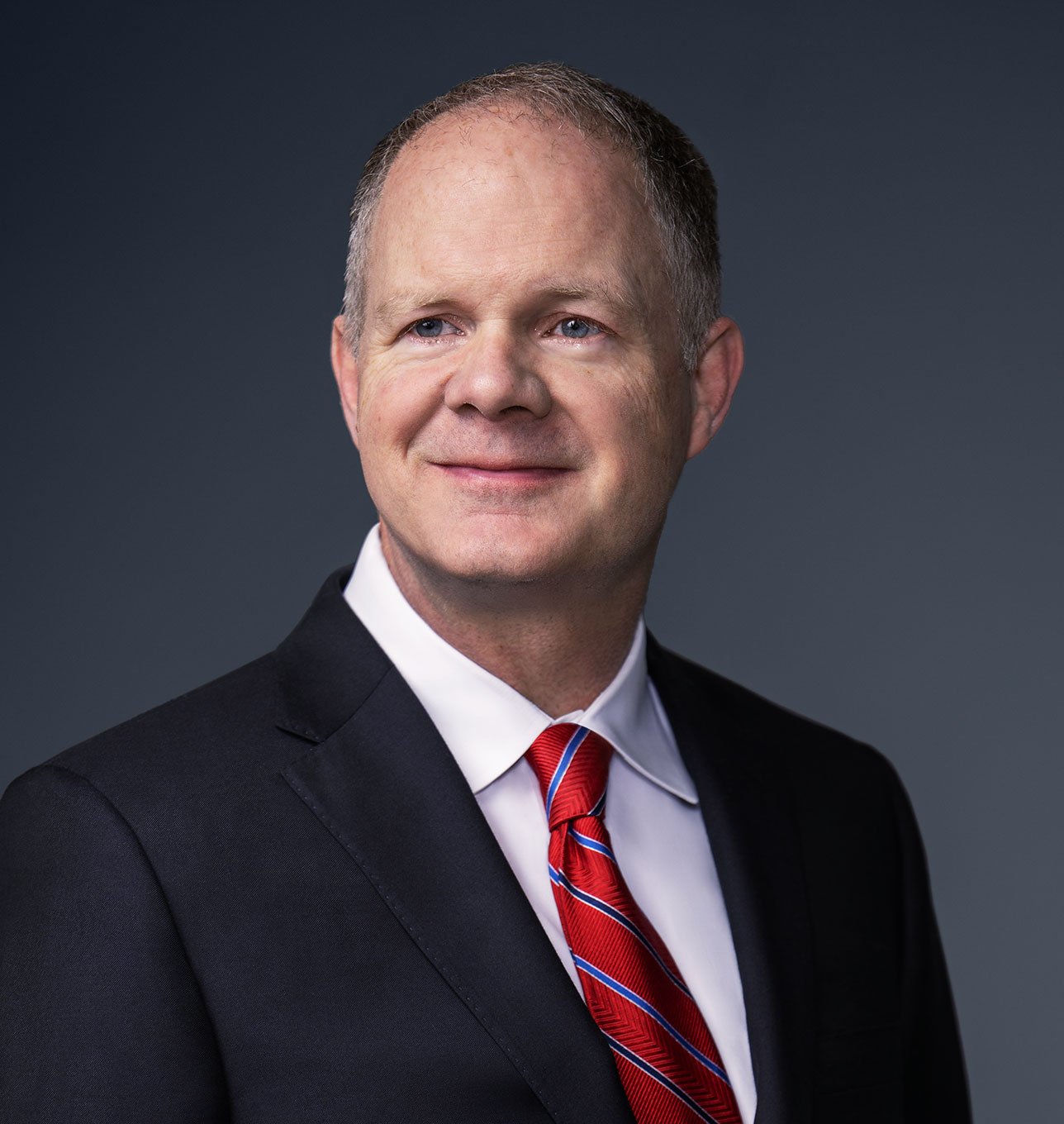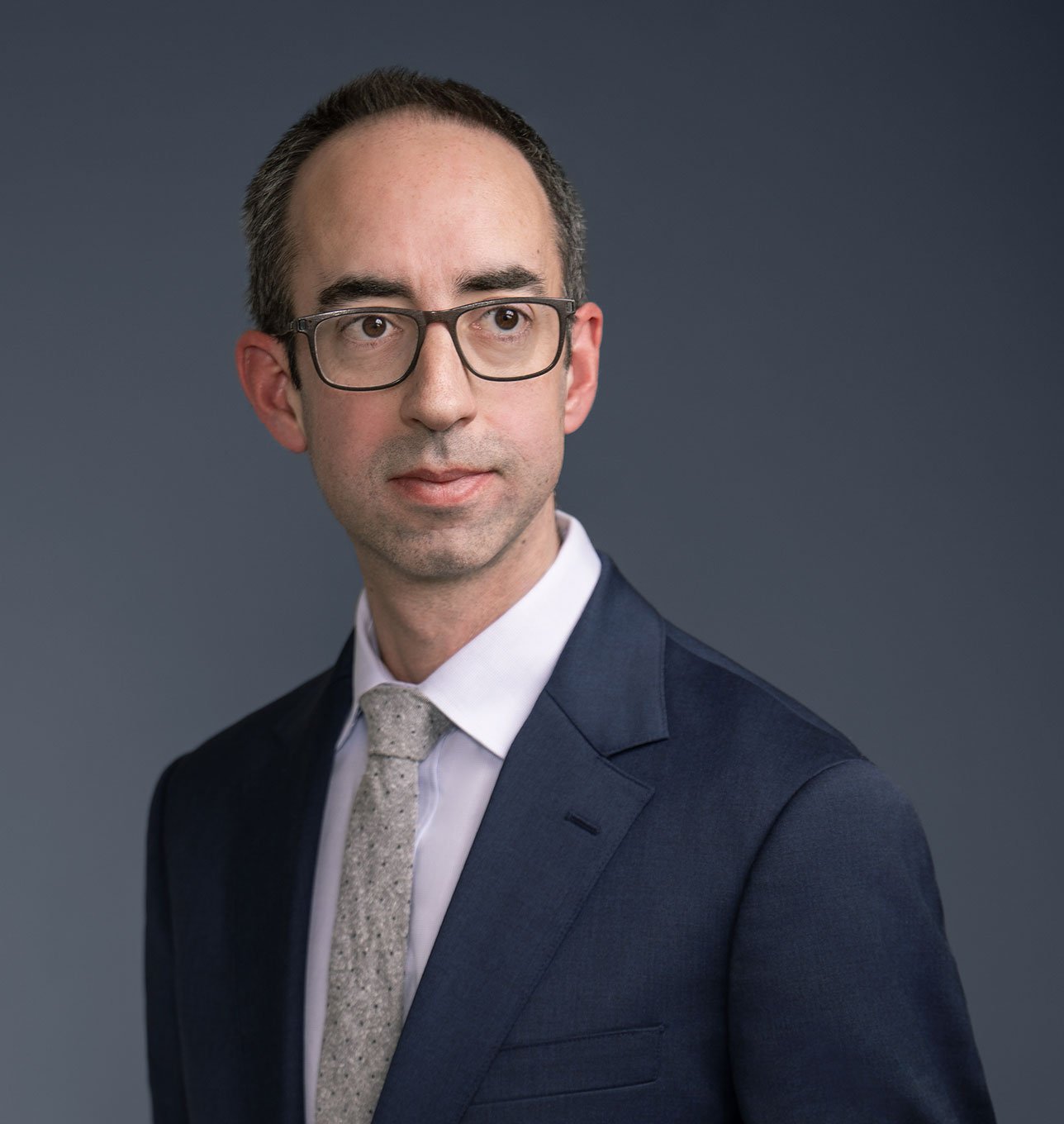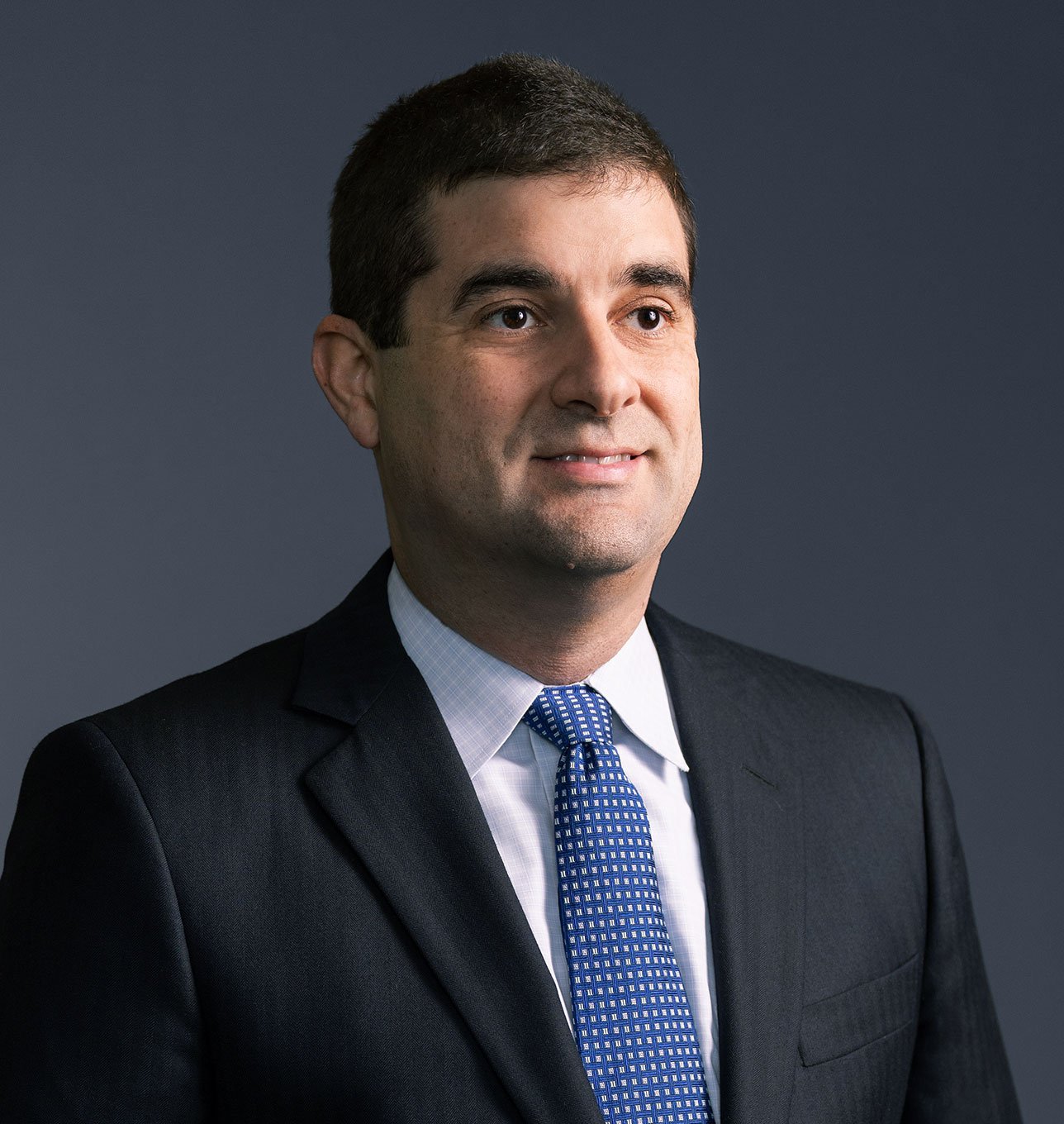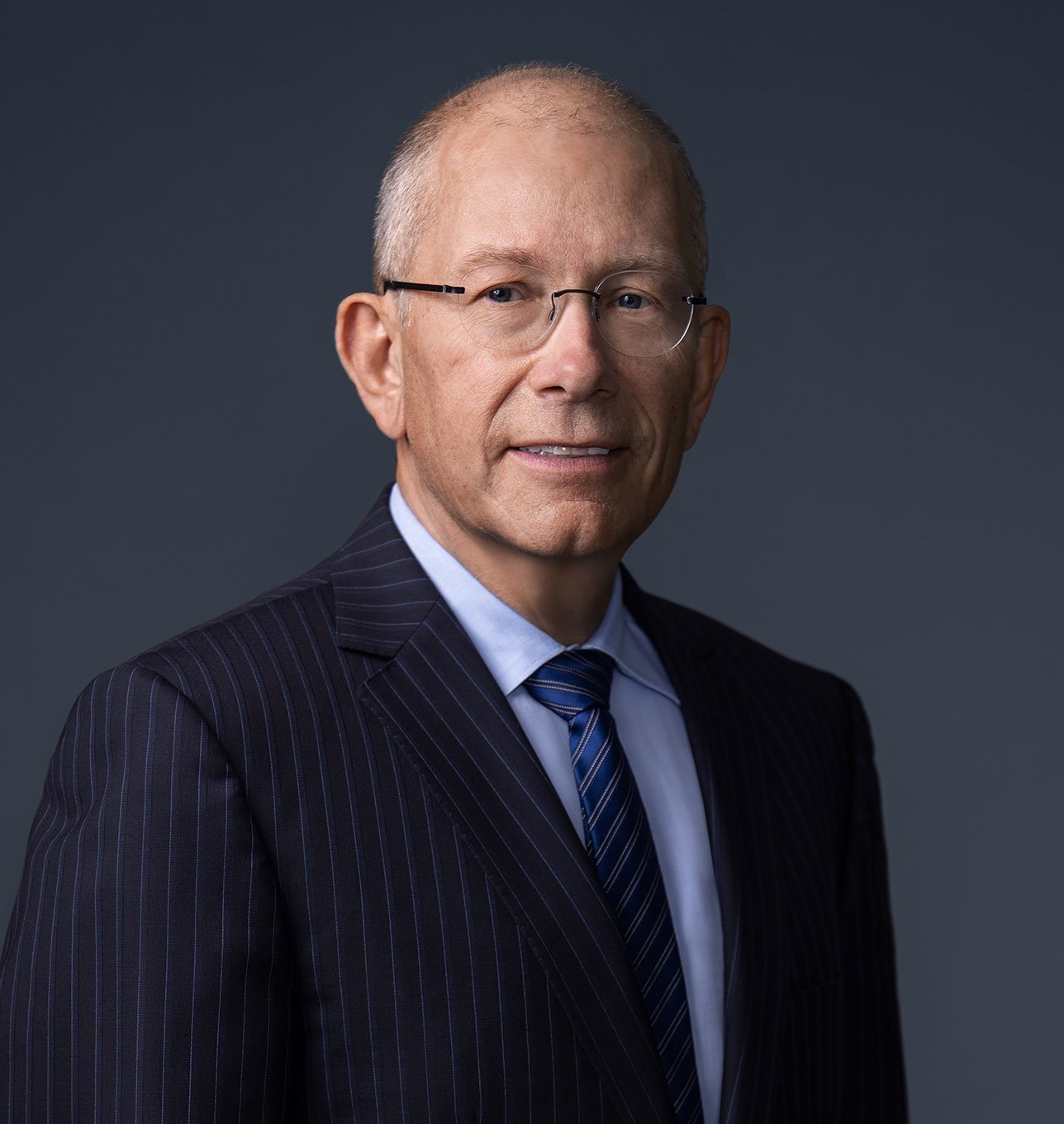Admissibility of Expert Testimony: Manageable Guidance for Judicial Gatekeeping
Edited and authored by Mayer Brown lawyers—and featuring a foreword by Facebook, Inc. Vice President and Deputy General Counsel Paul S. Grewal who previously served as a US Magistrate Judge in the Northern District of California—Washington Legal Foundation’s Monograph “Admissibility of Expert Testimony: Manageable Guidance for Judicial Gatekeeping” assesses the key principles federal and state judges should follow when assessing the admissibility of expert testimony in civil litigation. Expert testimony not only can decide the outcome of products-liability and toxic-tort lawsuits, but also can impact key rulings such as class-action certification and damages determinations. Judges must act as “gatekeepers” to ensure that juries are shielded from junk science and false expertise.
The Monograph’s first part discusses four aspects of the judicial gatekeeping function that cut across different substantive areas of law. The authors first explain how the US Supreme Court’s “Daubert trilogy” of decisions established the scope of a judge’s gatekeeping duties. They next illustrate how “hired-gun” experts complicate a juror’s task of deciding liability and how courts can mitigate the confusion. They go on to address how courts must answer a “recurring riddle”—does the expert’s testimony implicate the evidence’s admissibility (a judicial function) or does it go to its weight (a jury’s responsibility). Finally, the authors analyze the tools judges can use to weed out junk science, including holding Daubert hearings and appointing independent technical experts.
The Monograph’s second part delves deeper into these critical aspects of gatekeeping through case studies. The authors explore in detail judicial best-practices for determining relevance and reliability in four areas of law: (1) medical causation; (2) insurance bad faith; (3) class-action certification; and (4) valuation testimony for damage calculations. The medical-causation case study offers especially valuable insights on how judges should manage experts testifying on general and specific causation.
Electronic copies of this Monograph are available online at www.wlf.org. Inquire about additional hard copies with WLF Legal Studies Division Chief Counsel Glenn Lammi (glammi@wlf.org).





